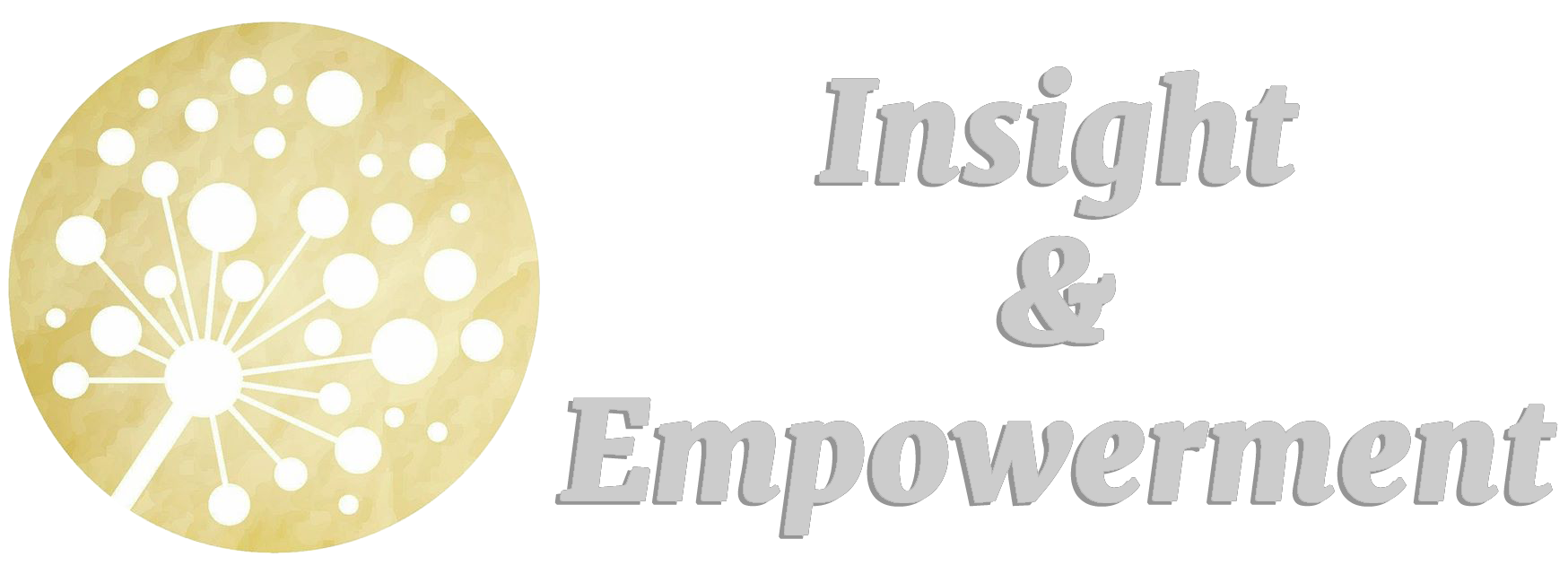Family Therapy
Family therapy is a type of psychological counseling (psychotherapy) that can help family members improve communication and resolve conflicts.
Family therapy is usually provided by a psychologist, clinical social worker or licensed marriage family therapist.
Family therapy is often short term. It may include all family members or just those able or willing to participate. Your specific treatment plan will depend on your family's situation. Family therapy sessions can teach you skills to deepen family connections and get through stressful times, even after you're done going to therapy sessions.
Family therapy can help you improve troubled relationships with your partner, children or other family members. You may address specific issues such as marital or financial problems, conflict between parents and children, or the impact of substance abuse or a mental illness on the entire family.
Your family may pursue family therapy along with other types of mental health treatment, especially if one of you has a mental illness or addiction that also requires additional therapy or rehabilitation treatment. For example:
-
Family therapy can help family members cope if a relative has a serious mental illness — but the person who has the serious mental illness should continue with his or her individualized treatment plan, which may include medications, one-on-one therapy or other treatment.
-
Family therapy can help family members understand each other's needs better, communicate more effectively and establish healthier boundaries and relationships within the family.
Family therapy can be useful in any family situation that causes stress, grief, anger or conflict. It can help you and your family members understand one another better and learn coping skills to bring you closer together.
What is Emotionally Focused Family Therapy?
Emotionally Focused Family Therapy (EFFT) seeks to create a feeling of trust, mutual respect, and strong communication within families. When all family members feel emotionally secure in family discussions, together they are able to discuss issues and disclose feelings.
With each member feeling heard and validated, the family can work together to find solutions to problems and build individual relationships between all members. Families will emerge from EEFT sessions armed with the communication techniques necessary to maintain healthy interactions and develop positive relationships outside the family in the future.
Contact our specialists to get started


